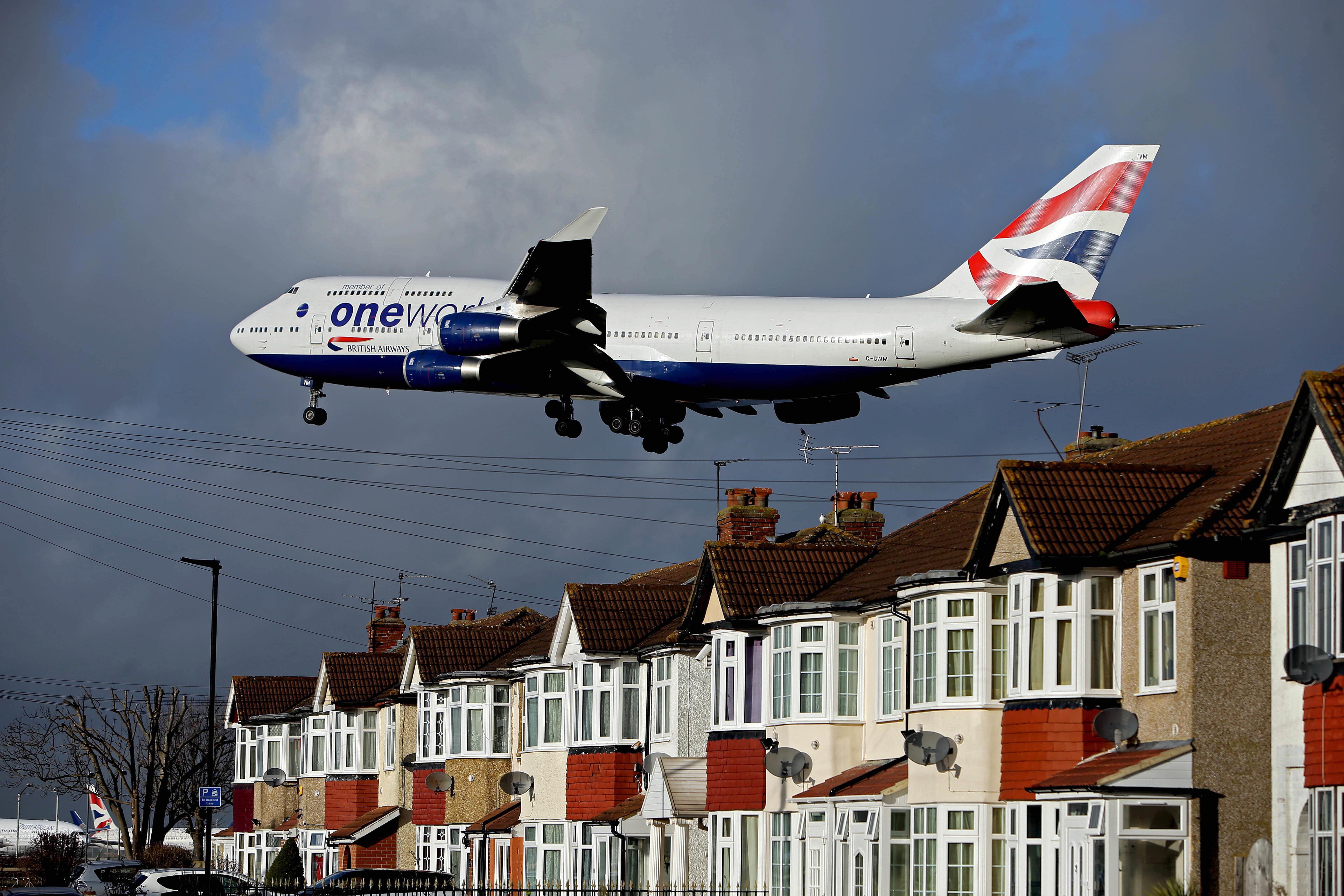Living near airports could raise risk of heart attacks, new study warns
Research shows ‘evidence of a small increase in risk’ but further work is needed

Your support helps us to tell the story
From reproductive rights to climate change to Big Tech, The Independent is on the ground when the story is developing. Whether it's investigating the financials of Elon Musk's pro-Trump PAC or producing our latest documentary, 'The A Word', which shines a light on the American women fighting for reproductive rights, we know how important it is to parse out the facts from the messaging.
At such a critical moment in US history, we need reporters on the ground. Your donation allows us to keep sending journalists to speak to both sides of the story.
The Independent is trusted by Americans across the entire political spectrum. And unlike many other quality news outlets, we choose not to lock Americans out of our reporting and analysis with paywalls. We believe quality journalism should be available to everyone, paid for by those who can afford it.
Your support makes all the difference.People living near airports may be slightly more susceptible to heart attacks and related issues, a new study has indicated.
Research led by Imperial College London analysed hospital admissions for cardiovascular diseases among residents whose homes are under Heathrow Airport’s flight paths.
The analysis found “evidence of a small increase in risk” of being admitted to hospital for that reason among people who had experienced higher noise during the previous night, according to a paper published in online journal Environment International.
Men aged above 65 appeared to be particularly affected.
The paper stated that aircraft noise has been found to disrupt sleep and raise blood pressure and stress hormone levels, which are factors linked to heart problems.
The researchers concluded: “These findings provide potential evidence that aircraft noise in the late evening and night-time may be associated with increased risk of cardiovascular hospitalisations and deaths in the population living within the Heathrow Airport noise contour.
“This is consistent with a mechanism of action via disturbed sleep and has implications for developing respite measures for the communities situated near busy airports.
“Further research into these potential respite mechanisms and behavioural interventions, including runway rotation and noise insulation initiatives, is needed to understand how best to translate the findings from this study into action.”
Evidence of an association between aircraft noise and deaths due to cardiovascular diseases was limited, although this could be attributed to a small sample size.
The research was based on figures recorded between 2014 and 2018.
Aircraft noise has been a contentious issue during Heathrow’s long-running bid to gain permission to build a third runway.
Modern passenger planes are quieter than previous models but there are concerns that an increase in flights will cause more disturbance.
Heathrow, which supported Imperial College London in conducting the study, says reducing the impact of noise from flights is a vital part of its sustainability strategy.
Airport bosses also say they have reduced its noise footprint – the area where residents are exposed to aircraft noise – by 28 per cent since 2006.
Join our commenting forum
Join thought-provoking conversations, follow other Independent readers and see their replies
Comments